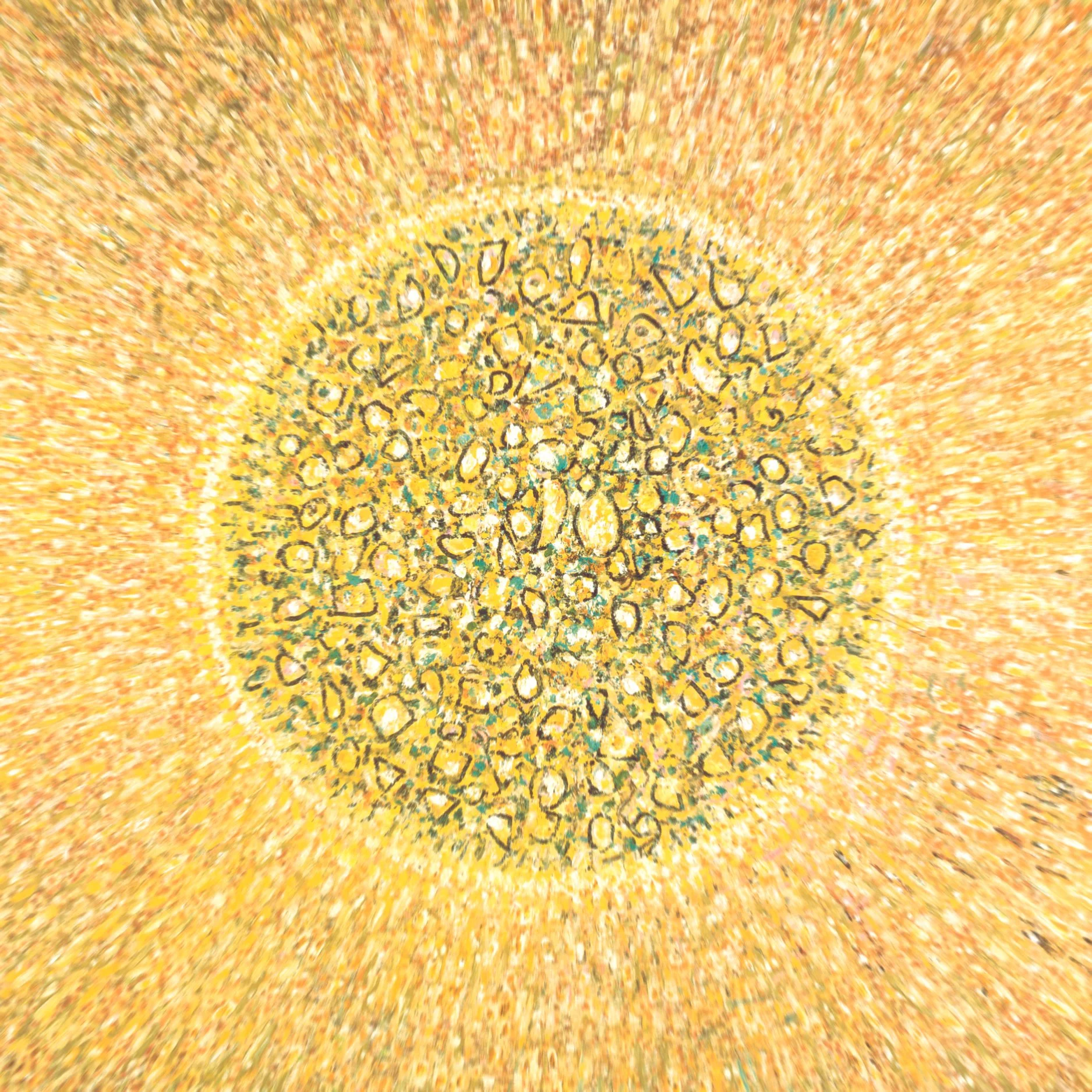Where Are The Music Houses?
Although there's a reaction against utopian thinking, art itself has a utopian edge
Plantasia Review
Plantasia is a two-day ambient music fest held in Chicago named after Mort Garson's 1976 record, Mother Earth's Plantasia.
Voluptuous Music
What is really feared in loud music is not the loudness, but the ugliness
Tradition In Sour Times
The musicians’ interpretation of the song seems to combine tradition and modernity, with the brass band itself representing tradition and the adapted song representing the modern, contemporary. However, the brass orchestras appear oddly out of time, unintentionally comical. They seem to be enacting the funeral of what they represent—the postal service as a state enterprise, tradition, and society before globalization. Yet, for centuries, the postal service symbolized progress, innovation, and renewal.
A Conversation with Michael Harrison
Bret Schneider delves into everything from Indian ragas to Bach’s recreation of the mind with composer and pianist Michael Harrison.
A Conversation with Katrina Krimsky
Bret Schneider speaks with composer Katrina Krimsky about her career spanning half a century.
Wicked Attraction
A vision of the grotesque, our morbid fascination with violence, and the aestheticization of war…
Hearing in the Present Tense: On La Monte Young's Orphic Revolution
As if frozen in time, drone music has not developed as an art form since Young's Dream Houses, & has mostly been barbarized into a muddy ambience and cheap theatrics
A Dialogue on Music
Bret Schneider and Omair Hussain discuss musical composition and their albums Drunk Walks and What Goes Away.
Warm Midlife Grooves
Kevin O’Rourke reviews the album Sons Of by Sam Prekop and John McEntire.
Surrealism’s Declining Years: An Interview with Monique Fong
Monique Fong discusses Surrealism with Erin Hagood.
Disjecta Membra: Erik Satie
Personally, I associate Satie’s work with a feeling of the aridity that Nietzsche came to value over Wagnerism — the gentle sea-breeze in the highest mountains that wafts in from some strange land and tickles the senses with possibilities of spiritual freedom.
The Art of Gas
NFTs reveal that relational aesthetics and post-internet art have always been the same phenomenon, differing merely in surface technique and taste.
Sofia Gubaidulina: Der Zorn Gottes (2019)
If society no longer reliably yields a consistent aesthetic framework, and if even the immediate sensations of our own minds can no longer be trusted, how can we hope to reach the inner truth of an artwork?
The Legacy of Political Music: A Conversation with Frederic Rzewski
Jim Igor Kallenberg interviewed the late Frederic Rzewski.
Poems by Jack Clarke
Jack’s poetry asks you, the reader, to abandon yourself, to engage with what you don’t know, and can’t understand, and enter a path of transformative gnosis.
Figure with Meat
The best possible description for the piece is one line from the poem by Billie Chernicoff that comes with the download: “The nothing inside of a bell, unfurling…”
Reflections on Kanye West’s “Wash Us in The Blood”
If West’s works are ever “soothing,” it’s precisely because they do often succeed in revealing something true about the world, something we can relate to as listeners. If critics feel that “Wash Us in the Blood” fails to hit the mark, then, it must be for a different reason.




















